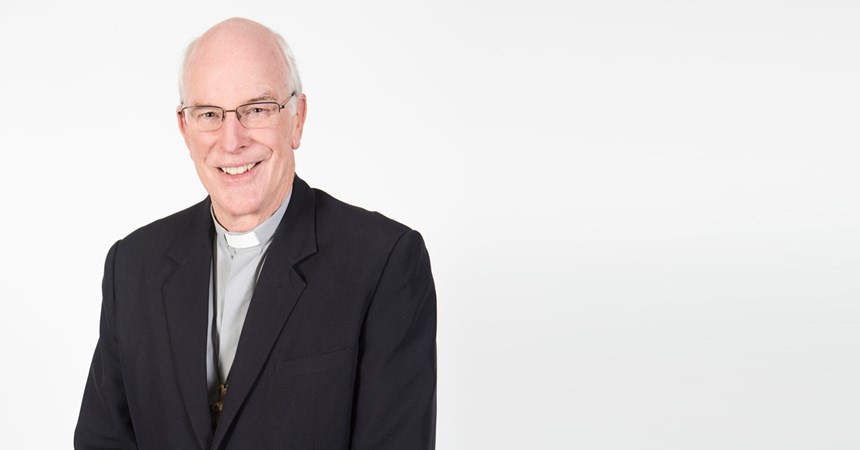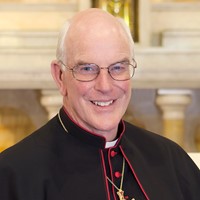But one of my learned friends who does agree with me remarked that I could have said that people should ‘vote’ according to their conscience. He was a bit disappointed that I hadn’t said that, and I had to ask myself why I had not done so. The answer wasn’t hard to find. I simply am not confident that the great mass of people understands what is meant by ‘conscience’. To too many it simply means ‘follow your feelings’.
This diminished, and frankly somewhat childish, understanding of conscience, is part of a larger malaise in Western civilization. In many areas of life, there has been a falling away from the Western tradition of confidence in reason, thought and principle and a corresponding rise in the tendency to be guided by feelings, emotions and desires. We don’t allow this in scientific or technical matters, of course, because we don’t really want our bridges to fall down. But in many personal, human and social spheres, feelings are seen as the best guide. Footballers even use ‘emotional’ as a generalised term of approval, as in ‘The boys was very ‘motional, it was a really ‘motional game’. For this, as for so many things, I blame consumer culture and the advertising industry. It is so much easier to sell something by stirring up a feeling of desire to have it than by explaining factually what the product actually is and does. And, of course, if you want it, it’s right that you should have it, or as they say so often, ‘you deserve it’. Anyway, the retreat from thinking into feeling as a guide to conduct is well under way.
By contrast, the classical understanding of conscience was always about getting beyond emotional responses to a rational decision about what was right. In the dry and clunky language of Scholasticism, conscience was ‘the last practical judgement’. In other words, after learning all you could, studying all the arguments, weighing up all the logic of the situation, the teachings of religion and the accepted ethical principles, the moment of conscience was the final decision, ‘Right then, this is what I must do.’ Conscience was ethical decision-making, a rational process of deciding what was right, here in this particular case. It might be the absolute opposite of what I wanted to do, it might be quite contrary to what I first felt about the question.
Another classical thing about conscience was that it really came into play when the decision was about what I must or must not do. That was where you had to ‘follow your conscience’, á la Martin Luther or Thomas More. It wasn’t really about deciding what you didn’t have to do (‘Well, my conscience says it would be all right’), it was about what you had to do. I’m not sure when the idea of conscience as a way of excusing yourself from following the moral law or the teaching of the church came in, but it seems to me a bit of an innovation in the theory of conscience. In practice, of course, most of the bishops of England in 1533, for example, found ways of excusing themselves for going along with the King’s new laws, but it is Thomas More whom we remember as the man of conscience.
There is another way of diminishing our notion of conscience. Often associated with talk about ‘informing our conscience’, it is the view that really all one needs to do is look up the teaching of the church. Then our conscience is ‘informed’, and we know what to do. If only it were so simple! In the late 1930s the Papal Nuncio to Bulgaria, a certain Angelo Roncalli who would later be John XXIII, lied his head off and breached all diplomatic rules by issuing fraudulent baptism certificates to a whole shipload of Jews fleeing Fascism. If he had not, it looked as if no country would accept them. A tricky decision, to lie and to involve the papacy indirectly in a massive lie. His conscience was not ‘informed’, then, simply by the church’s teaching on telling the truth! Conscience will consider the general moral rules, certainly, but it always comes down to the immediate and the personal, ‘What must I do, here and now?’.
So I didn’t say ‘follow your conscience’ in my piece on the gay marriage survey. Too often that is simply taken as an invitation to ‘let your heart decide’. Instead, I said read all the information, pray about it, talk about it, think hard. I meant that we should get beyond ‘what I want, what I like, what I feel’ to deciding ‘I believe this is what is right, what I really should do’. That sounds like a conscience decision to me.




























































































